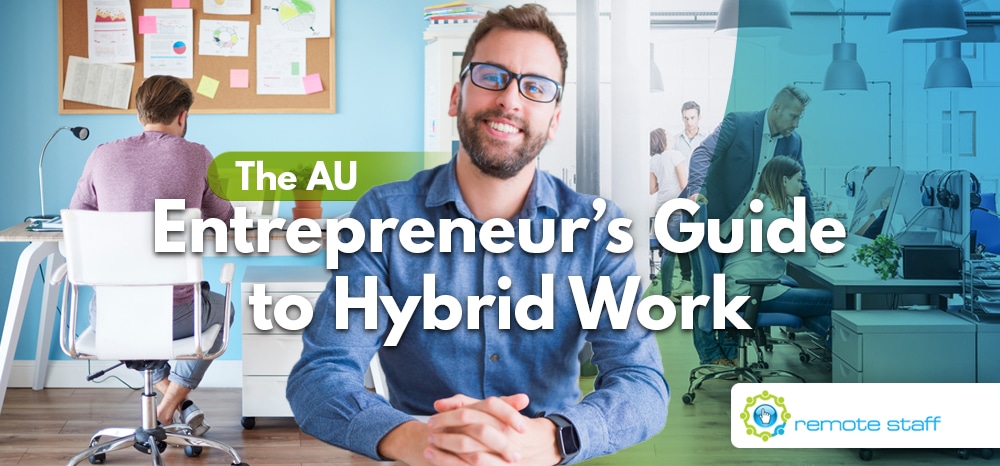Everyone went into panic mode when flight bans and border closures were announced early last year. Aside from social distancing adjustments, there were concerns about remote work’s productivity and efficiency.
Fortunately, the WFH setup proved to be more effective than most people expected. Employees and employers alike reported increased (or otherwise unchanged) productivity levels. This led many companies to consider upholding the arrangement even after the pandemic.
However, although remote work has undeniable benefits, it’s not for everyone. Many job roles still require onsite reporting and face-to-face collaboration. Yet we can’t deny that a good number of employees would prefer to work from home permanently.
As a compromise, the hybrid work model has been proposed. In case you’re wondering how this works (and how it can benefit your own company), here are some guidelines for your reference:
Mandatory Mondays and Fridays

In the hybrid model, employees have the freedom to choose which day of the week they can work remotely on-except Mondays or Fridays. If one day isn’t enough, some companies allow employees to choose another day for remote working.
This setup also helps avoid confusion about when a staff member is supposed to show up at work. With this work model, you can easily schedule a meeting depending on whether you need the participants to come in person or attend virtually.
Do note that everyone has to be fully vaccinated for this setup to work. Safety first, after all.
Unused Desks and Crowded Conference Rooms

Now that we’ve mentioned safety measures, the new workplace under the hybrid model will look nothing like it did pre-pandemic. Although employees can report to the office, they should no longer be required to stay cooped up in their cubicles.
Instead, all the action will take place in conference rooms. Since employees can work remotely on certain days, they won’t need to come in to accomplish their individual tasks. Hence, the office will just be a meeting place for teams to discuss and collaborate on projects in person.
To observe proper social distancing protocols, teams can book meeting rooms ahead of time. The others can simply conduct theirs virtually, and everyone can then switch places the following week. This way, everyone gets a fair chance to experience both options.
Who Gets To Work Remotely?

As we mentioned earlier, remote work isn’t for everyone. Those whose jobs mostly have to do with back-end work are best suited for it. Not so for those with customer-facing jobs. However, remember to consider your employees’ preferences before deciding on the final setup too.
For example, workers with children or elderly parents living with them might prefer to work from home for safety and health purposes. Meanwhile, single and extroverted employees might prefer to return to the office. (Which you can allow, provided that they’re already fully vaccinated.)
At the end of the day, it’s your call, really. But it definitely helps to have a firm grasp of your employees’ preferences. You would want them to be comfortable and productive in whatever work setup they end up with, whichever that may be.
The WFH setup helped the global economy stay moving and it’s likely to stay. While the hybrid work model is a good option, there are also good opportunities available even if you decide to embrace a fully permanent remote work setup.
Remote Staff has been around for more than 14 years. Since then, we have been helping AU entrepreneurs like you find and hire the best Filipino remote workers. Whether you’re planning to add another virtual assistant or are looking at hiring an entire remote team for a new department, we know just how to help you.
Call us today or schedule a call back so we can get started.
Serena has been working remotely and writing content for the better part of the last decade. To date, she's written for Pepper.ph and Mabuhay Magazine, among others, and has churned out more than a thousand articles on everything from The Basics of Stock Market Investing to How to Make Milk Tea-Flavored Taho at home.





















